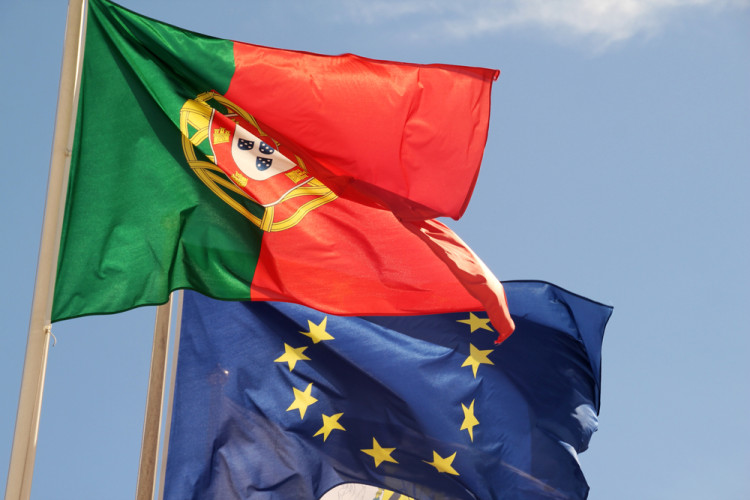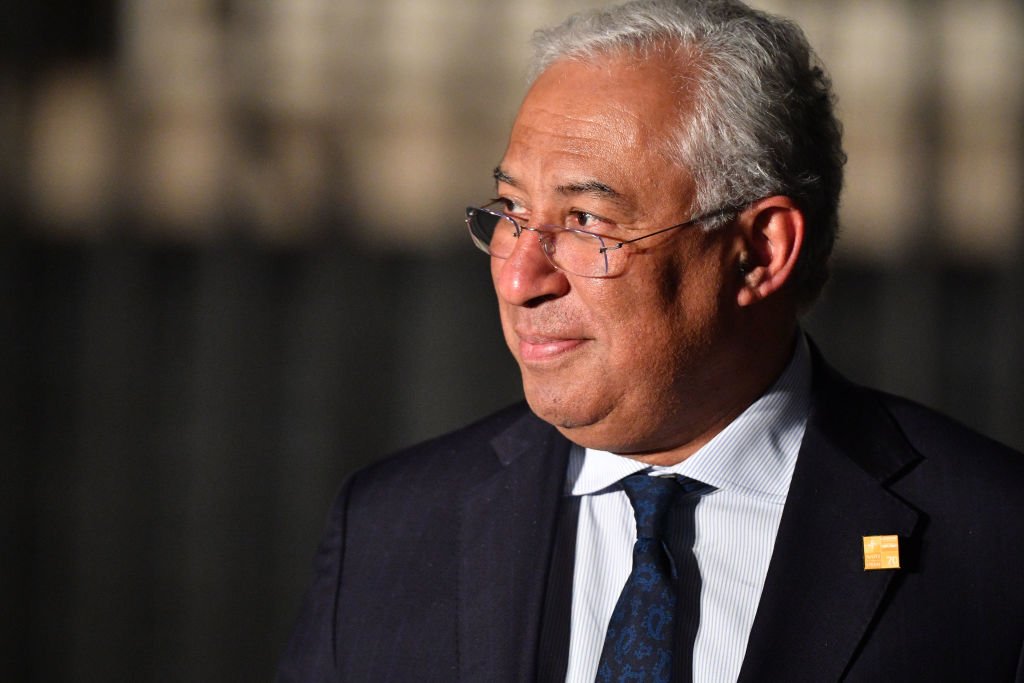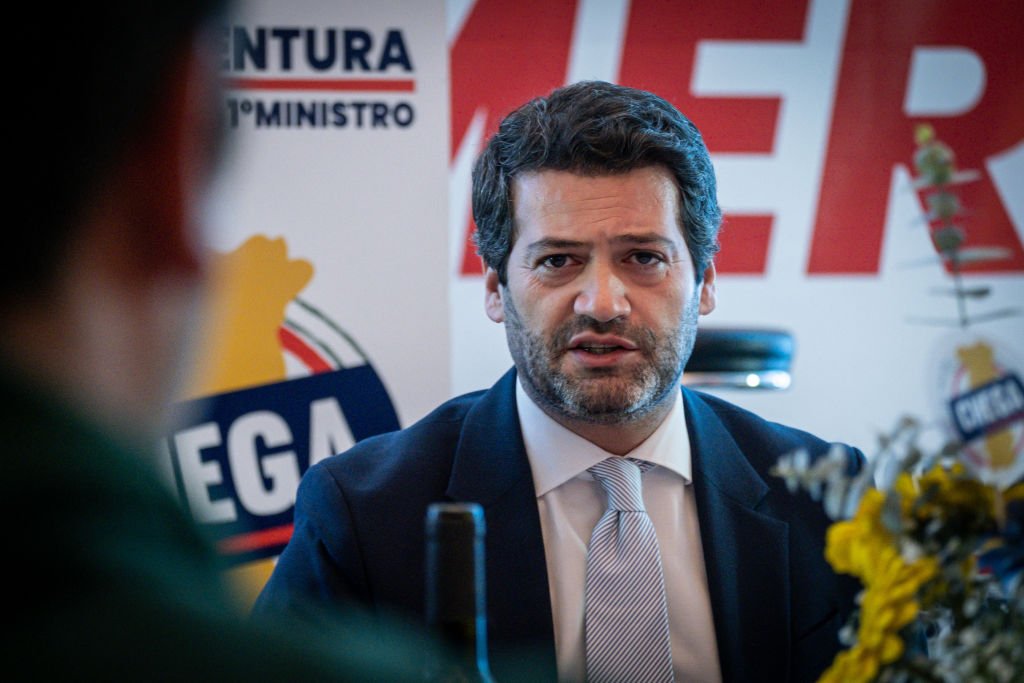On Sunday 10 March, 10.8 million Portuguese were summoned to the polls to elect their new Prime Minister. The centre-right Democratic Alliance narrowly secured their win against the socialist contenders, after appealing to both left-leaning and far-right factions to establish a minority government.
The snap elections are due to António Costa’s sudden resignation last November following his alleged involvement in a corruption case. Although he has not been formally accused, Costa resigned stating that the severity of the allegations driving the investigation were “incompatible with the dignity of the office”. In response, President Marcelo Rebelo de Sousa called for early elections, marking the first time in Portugal’s democratic history that a single-party majority government has not completed its full term. As a result, these elections were seen as a referendum on Costa’s party, which had been in power for eight years.
The results of Sunday’s elections, excluding Portuguese nationals who live abroad (approximately 1.5 million voters), were as anticipated: the Democratic Alliance (a centre-right coalition) led by Luís Montenegro secured 29.8% of the votes and 76 seats; the Socialist Party (formerly led by António Costa) under Pedro Nuno Santos received 28.68% of the votes and 74 seats; and the Chega (far-right party) led by André Ventura obtained 18.08% of the votes and 46 seats. Given that the absolute majority is at 116 seats, these results pave the way for a highly uncertain scenario.
Adding to the uncertainty is how the remaining four seats will be allocated. These are determined by overseas voters and the outcome will be unknown until 20th April. Only then can President Marcelo Rebelo de Sousa nominate a Prime Minister, who must subsequently secure the approval of the Parliament.
In the 2022 elections, the Socialist Party claimed three of the four seats designated for the substantial Portuguese diaspora. A repeat of this might position them at the forefront. However, the active engagement of far-right leader Bolsonaro’s supporters residing in Brazil may tip the scales in favour of Chega.
What are the implications for Europe?
António Costa’s run for European Council’s presidency
Costa’s resignation was a shock to many European leaders, who viewed him as the ideal successor to the current European Council President Charles Michel, whose term ends this fall. Costa has always been regarded as a diplomatic and highly skilled leader, capable of negotiating with any ideology to reach an agreement. The fact that he has not been charged with any criminal action leaves room for his candidacy to proceed.
It wouldn’t be unprecedented for a high-ranking EU figure to secure an appointment amidst controversy. Jean-Claude Juncker became the European Commission President in July 2014, just one year after stepping down as the Prime Minister of Luxembourg due to a scandal concerning the country’s intelligence services, which were accused of misconduct during his tenure. Ursula von der Leyen, who succeeded Juncker as Commission President, also found herself at the centre of a scandal while serving as Germany’s defence minister, amid allegations that her department had awarded high-value contracts to external consultants without proper supervision.
If Costa doesn’t receive clearance, it’s probable that the socialists will rally behind Denmark’s Prime Minister, Mette Frederiksen, to lead the Council. However, her country’s stringent immigration policies, which are unpopular among other European socialists, does not make her the ideal candidate. There is also a preference for at least one of the EU’s top positions to be held by a representative from southern Europe.
The rise of the far-right
Europe, along with non-European countries, is witnessing a strong rise of the far-right. Portugal is not immune to this trend. Disillusioned with conventional politics, voters are increasingly turning towards alternative options. Extremist factions, previously at the fringes of power-sharing, are now finding themselves in positions to support government coalitions. The boundary that once distinguished the far right from the more moderate centre-right is becoming increasingly blurred.
Ventura’s Chega party has been accused of gaining traction by capitalizing on issues related to gender equality, safety, and criminal activity. This approach appears to align with the strategies of various other parties across Europe, suggesting a wider pattern of addressing societal concerns to attract support.
But, not all are willing to align with these emerging forces. Luís Montenegro, the leader of the Democratic Alliance and the winner of these elections, emphasized his refusal to collaborate with Chega while declaring victory early Monday. This stance comes despite some members of his party expressing less definitive positions.
As these were the last national elections in an EU member state before the European Parliament’s elections in June, the political landscape is being closely watched. The positioning of the European counterparts in these negotiations will be of particular interest.
Will the centre-right support a coalition with the far-right, or will they lean towards a minority government with the support of other parties in the Parliament? The answers to these questions will undoubtedly shape the future of European politics.








